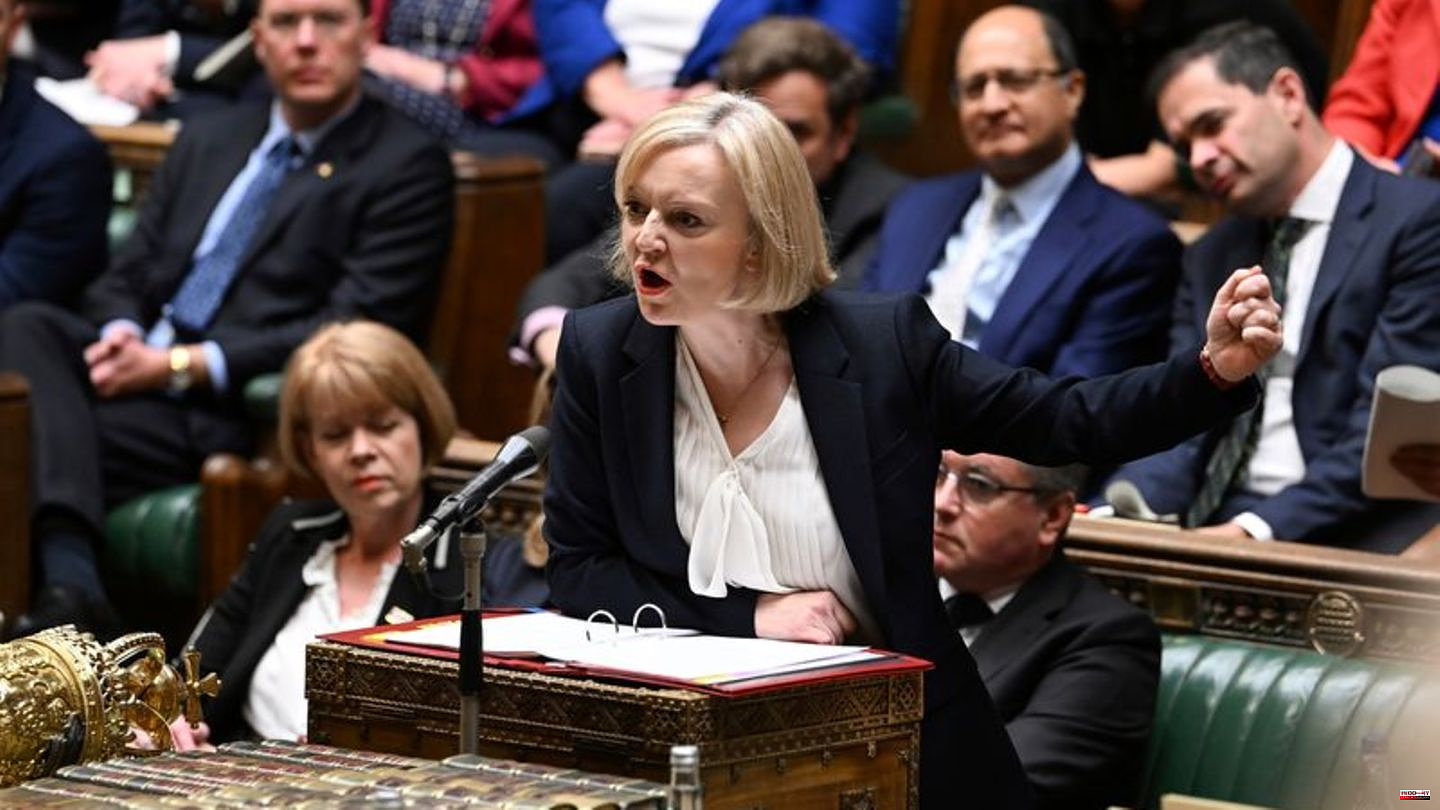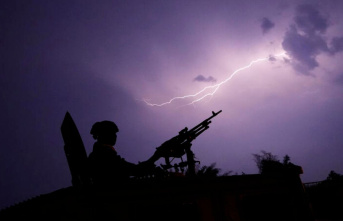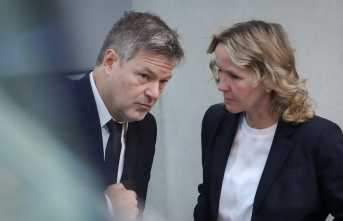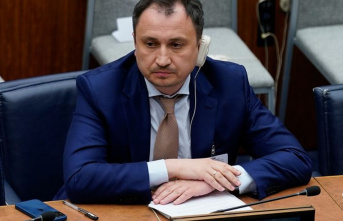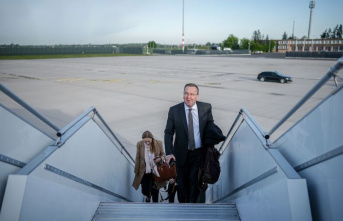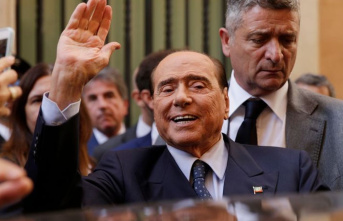After a dramatic night in Westminster, British Prime Minister Liz Truss' situation is more precarious than ever. The conservative head of government lost her second cabinet member within a few days yesterday with the resignation of Interior Minister Suella Braverman. A later vote in the House of Commons unfolded chaotic scenes in which Truss and the government continued to lose authority.
The 47-year-old head of government, who has only been in office for six weeks, has been fighting for her post since she triggered financial chaos with planned tax breaks and had to turn around.
Braverman does the math
But now Truss is threatened primarily by signs of disintegration in her government and faction. Braverman used her resignation letter to settle accounts with the PM. Important promises to voters have been broken, and she also has "great concerns about this administration's commitment to our election platform, such as limiting the total number of immigrants and stopping illegal migration, particularly the dangerous boat crossings," Braverman wrote. It was expected that the ex-interior minister would want to add more when she asked to speak in parliament today.
Braverman belongs to the extreme right wing of the party. She repeatedly made a name for herself with statements about her plans for tougher procedures in the case of deportations. She recently railed against "tofu-eating" leftists in parliament. Truss appointed former Transport Secretary Grant Shapps, who until recently had been one of her opponents, to succeed him.
Braverman gave "a technical breach" of confidentiality rules as the reason for her resignation. She forwarded an official document from her personal email address to a "trusted parliamentary colleague," Braverman wrote.
The hustle and bustle surrounding Braverman was followed by chaotic scenes in Parliament that did not exist even at the time of the Brexit dispute under ex-Prime Minister Theresa May. The framework for this was provided by the vote on a motion tabled by the opposition Labor Party, which was intended to pave the way for a ban on fracking.
First the question of trust - then not
The government had initially declared the vote a vote of confidence before rowing back shortly before voting began. Although the Labor motion was defeated by a large majority, many Conservative MPs are said to have been extremely reluctant to vote against the proposal. There were also quite a few abstentions.
According to consistent reports, Chief Whip Wendy Morton and her deputy Craig Whittaker initially resigned out of frustration at the government's about-face on whether the vote counted as a vote of confidence. Downing Street, the seat of government, later announced that both were still in office.
Labor MP Chris Bryant and other members of the opposition also accused Conservative MPs of being pushed in a certain direction, sometimes with shouts and shoves, and that they were not able to vote freely and unhindered.
Only last Friday, Truss fired her Treasury Secretary, Kwasi Kwarteng, and replaced her with former Secretary of State Jeremy Hunt. On Monday, Hunt reversed almost all elements of its tax policy, which was only announced at the end of September. He announced that the energy price cap, which was actually intended for two years, would be limited to six months.

